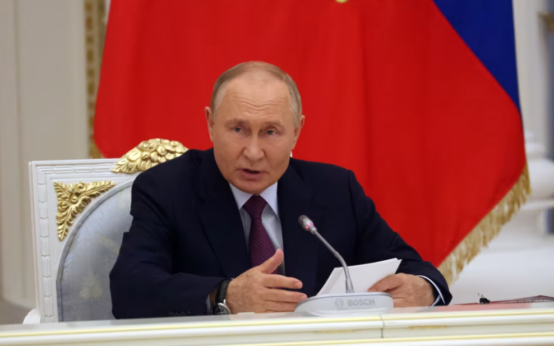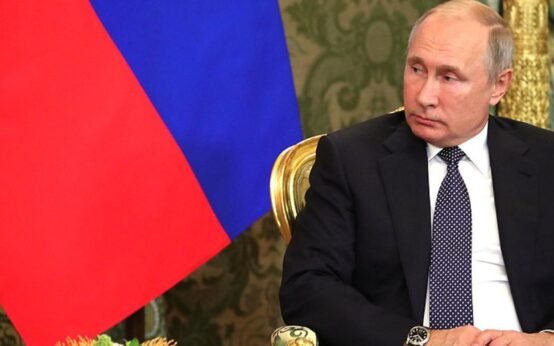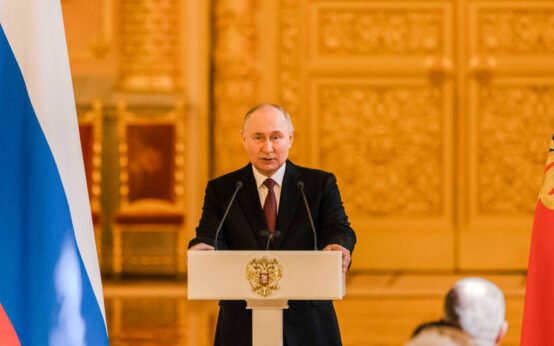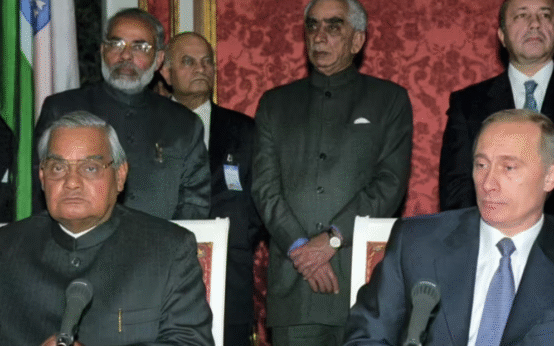North Korean leader Kim Jong Un will attend China’s historic military parade in Beijing, marking his first multilateral stage appearance since taking power in 2011. He will stand alongside Russian President Vladimir Putin and Chinese President Xi Jinping, showing that Pyongyang is no longer operating on the sidelines of world politics.
China’s Military Parade in Tiananmen Square Sends Global Message
The parade will take place on September 3, 2025, at Tiananmen Square, commemorating the 80th anniversary of Japan’s surrender in World War II. Thousands of Chinese soldiers will march, and advanced weapons, fighter jets, and missile systems will be displayed.

Although organizers officially aim to honor history, the event sends a strong message to the world: China, Russia, and North Korea unite to push back against Western dominance
North Korea’s Strategic Goals Behind Kim Jong Un’s Visit
Kim Jong Un’s participation shows North Korea’s desire to escape isolation and strengthen alliances. Facing economic struggles, food shortages, and strict international sanctions, Pyongyang hopes to benefit from closer ties with China and Russia.

By appearing on the international stage, Kim boosts his domestic image, showing his people that North Korea remains visible and that its leadership commands respect from powerful nations
President Putin’s attendance highlights Moscow’s need for allies in the face of Western sanctions. Since the war in Ukraine began, Europe and the U.S. have imposed heavy restrictions on Russia. However, China remains one of Russia’s biggest trade partners, and North Korea has supported Moscow with military supplies.
China Hosts Military Parade to Show Global Leadership Role
China is using the parade as a stage to present itself as a leader of non-Western alliances. By bringing Putin and Kim together in Beijing, President Xi Jinping is highlighting China’s influence not only in Asia but also on the global stage.
This also strengthens Beijing’s strategy of countering the United States and its allies in the Indo-Pacific region, where Washington is building stronger partnerships with Japan, South Korea, and India.
Growing Alliance of Sanctioned States Challenges Western Influence
The presence of Russia, North Korea, China, and other states that often face Western criticism reflects a growing alliance of sanctioned nations. Analysts see this as the beginning of a stronger, alternative power bloc where countries work together to resist Western pressure.
Ultimately, this gathering makes it clear that global power is shifting; moreover, it signals that alliances beyond the West are not only emerging but also becoming increasingly organized and influential.
While the parade honors history, its true importance lies in what it signals for the future. The gathering of Xi, Putin, and Kim demonstrates a new balance of power in Asia and the world.
Kim Jong Un’s presence in Beijing alongside Putin and Xi is more than a diplomatic event—it is a turning point in modern geopolitics.


 Defence Chief Warns of Growing Threat from Putin
Defence Chief Warns of Growing Threat from Putin  Russia’s grim gain: Fallen soldiers boost Putin’s economy
Russia’s grim gain: Fallen soldiers boost Putin’s economy  Putin warns Europe “ready for war” EU politicians urge unity and strength
Putin warns Europe “ready for war” EU politicians urge unity and strength  How Vladimir Putin has remained the steady link across three eras from Atal Bihari Vajpayee to Narendra Modi
How Vladimir Putin has remained the steady link across three eras from Atal Bihari Vajpayee to Narendra Modi  Putin’s December visit to New Delhi likely to bring fresh S-400 defence push
Putin’s December visit to New Delhi likely to bring fresh S-400 defence push  West Braces for a Post-Putin Era as Global Uncertainty Mounts
West Braces for a Post-Putin Era as Global Uncertainty Mounts